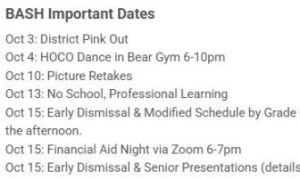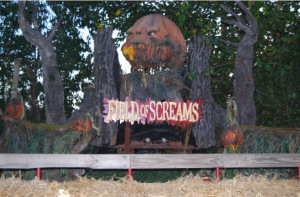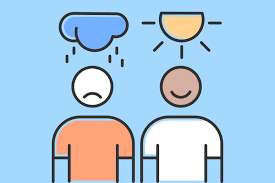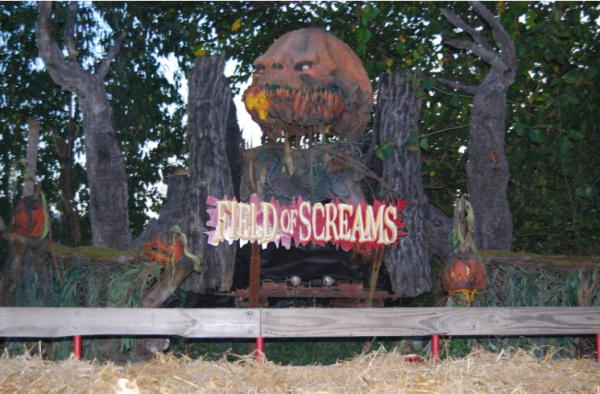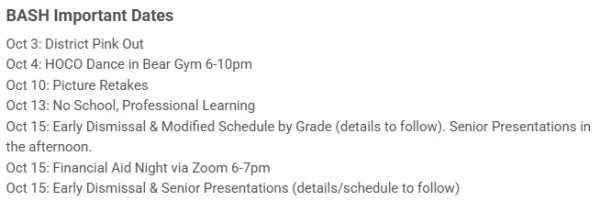Seasonal depression
Now that the long awaited spring has begun, students have noticed a definite change in their own mental health and overall well being; all caused because of the seasons changing and the warmer weather ahead.
A few students from BASH agreed, “We’re starting to feel happy again, school is almost over, and there is just a feeling of cheerfulness in the air.”
This phenomenon is called Seasonal Affective Depression, also known as SAD, even though not all people experience general depression; SAD affects 3 million people in the United States each year. It is most common in people with bipolar disorder and depression.
When looking for signs of SAD there is no one specific tell tale sign for all people, and it is different for each individual person. Some of these signs could include but are not limited to: loss of interest in everyday activities, major changes in appetite or weight, oversleeping, feeling hopeless or worthless, social isolation, ect.
The above indications of SAD are all closely linked to the lack of sunlight, and researchers believe this affects sleep cycles and the brain. It is also caused by a lack of melatonin and serotonin levels. This is because serotonin in your brain drops drastically as the seasons begin to change- which again links back to the lack of sunlight.
Sadly seasonal depression does not just occur in the winter, some people experience this throughout the warmer months- even though this is a lot less common.
Another misconception is that only teenagers and young adults are prone to SAD, but seniors also face an “elevated danger” when it comes to the change of seasons. To help a senior find joy during these tough months, try to get them to participate in group activities or even go out and get some exercise.
To still find happiness during these tough times, there are many ways to treat SAD including medication, therapy, counseling, and even at-home remedies. Here are some self-care options; physical exercise, Light therapy , eating well, vitamin D, or even just sitting in front of a window.
All in all, everyone feels down from time to time, but persistent symptoms/sadness might lead to signs of a disorder. If you or someone you know is experiencing major signs of seasonal affective depression please check out Seasonal Depression Q&A for more information on treatments and to get to know the disorder better.

Morgan is a Senior at BASH, and is very sad this will be her last year writing for The Cub. She is very excited to take on the role of Co-Editor in Chief...





